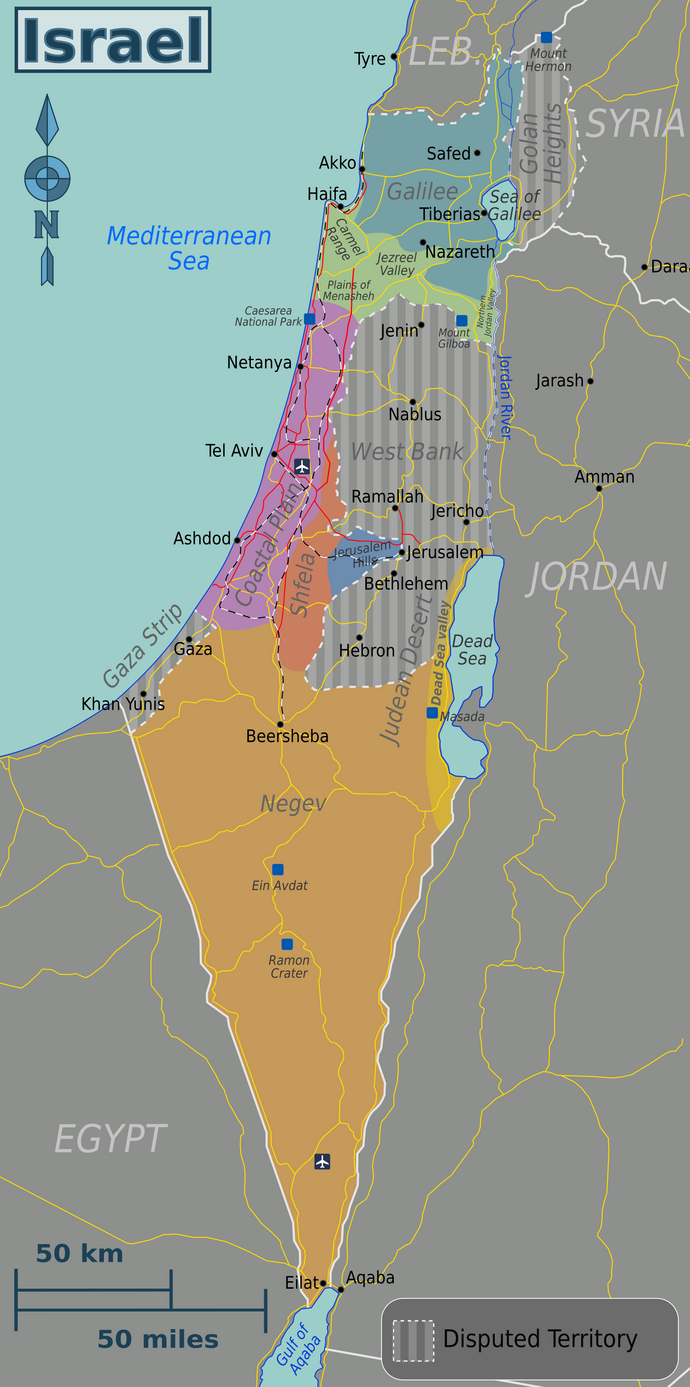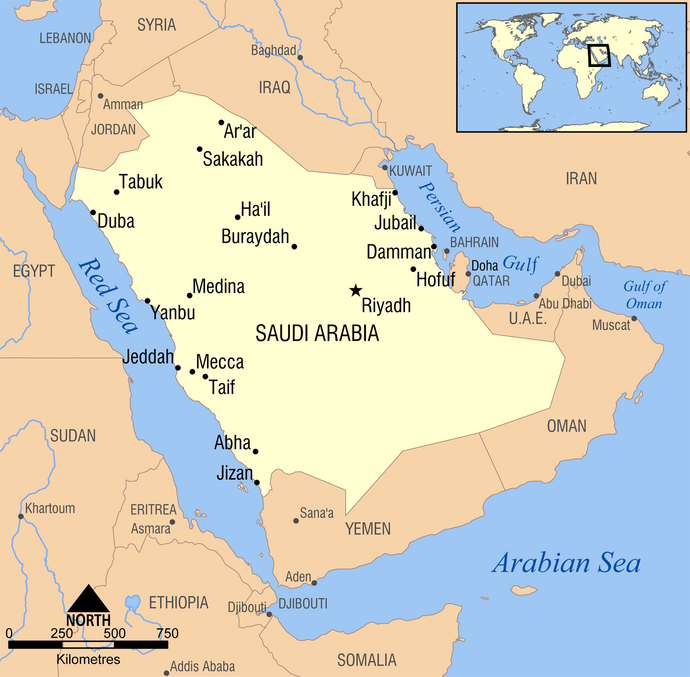Cooperation with Saudi Arabia is vital for the United States but is extremely difficult to obtain. Here’s why.

US President Joe Biden wants to broker a deal with Saudi Arabia before the end of the year. The United States wants to retain its foothold in the Middle East and needs to normalize ties with the Saudi kingdom, whose relationship with Washington has deteriorated over the last decade.
There are dozens of reasons for the United States to restore ties with Saudi Arabia, not least because of China’s attempts at an economic alliance with the kingdom. China, of course, is the US’ main geopolitical enemy: Washington cannot allow any Chinese expansion in the oil-rich Middle East region.
Furthermore, Biden needs a diplomatic victory to show in the 2024 election. The American public still remembers the Afghanistan fiasco and the Ukraine crisis is not conclusively resolved yet.
To understand why US-Saudi friendship is both extremely important and extremely difficult, we must understand two key rivalries in the region.
Israel vs Palestine
Israel is the most significant American ally in the Middle East. It is a heavily-armed, strategic foothold to exercise control over the whole region.
Undisputed American protection, however, allows Israel to dominate over its Sunni Arab neighborhoods, especially Palestine. For decades, the Israeli army has occupied Palestinian territories and posed a threat to Palestinian livelihoods.

- Israel vs Palestine
- The West Bank is internationally recognized as Palestine’s sovereign territory but is under strict Israeli military occupation.
Being the largest Sunni Arab nation, Saudi Arabia is understandably concerned about Palestine. Riyadh has bluntly expressed that friendship with the United States is bound to the Palestinian issue. Israel will have to make concessions to Palestine, perhaps even withdraw from every occupied territory.
Israeli Foreign Minister Eli Cohen declared on Wednesday that "the Palestinian issue will not be an obstacle to peace,” declaring that Israel is open to negotiations. But Israel’s far-right Prime Minister Benjamin Netanyahu has so far implemented the harshest policies against Palestine in decades.
Will Netanyahu really put his government in jeopardy to help American interests?
Saudi Arabia vs Iran
While Israel is the US’s greatest friend in the region, Iran is its greatest rival. Coincidentally, it is also Saudi Arabia’s main enemy.
Iran has threatened Saudi interests in the oil and gas-rich Persian Gulf for decades. Currently, Saudi Arabia and Iran are also engaged in a proxy war in Yemen. Hundreds of thousands have died in a bloody eight-year conflict that is depleting Saudi resources.
Yemen lies on the strategic Babel-Mandeb Strait. Iranian victory in Yemen, combined with Iran’s superior fleet in the Hormuz Strait, would isolate Saudi Arabia from the main global oil routes.

- Saudi Arabia vs Iran
- The Babel-Mandeb strait (Red Sea) and the Hormuz Strait (Persian Gulf) are the only two routes for Saudi Arabia’s oil exports. Iran wishes to control both.
Recently, China managed to broker a truce between Saudi Arabia and Iran, sounding alarm bells in Washington’s Situation Room. The United States cannot allow a Saudi-Iranian peace that does not concern their own interests.
Therefore, Saudi Arabia requested the development of a nuclear civil program as a condition for friendship with the United States. Nuclear energy would give Saudi Arabia the technological upper hand over Iran.
Finally, such friendship would ensure the American undisputed protection of Saudi Arabia against any eventual Iranian interference.
Saudi Arabia put many conditions on the table. If Washington manages to broker such a deal, it would be the US’ most important diplomatic achievement of the XXI century. Failure, on the other hand, would give China an incredible strategic advantage.




